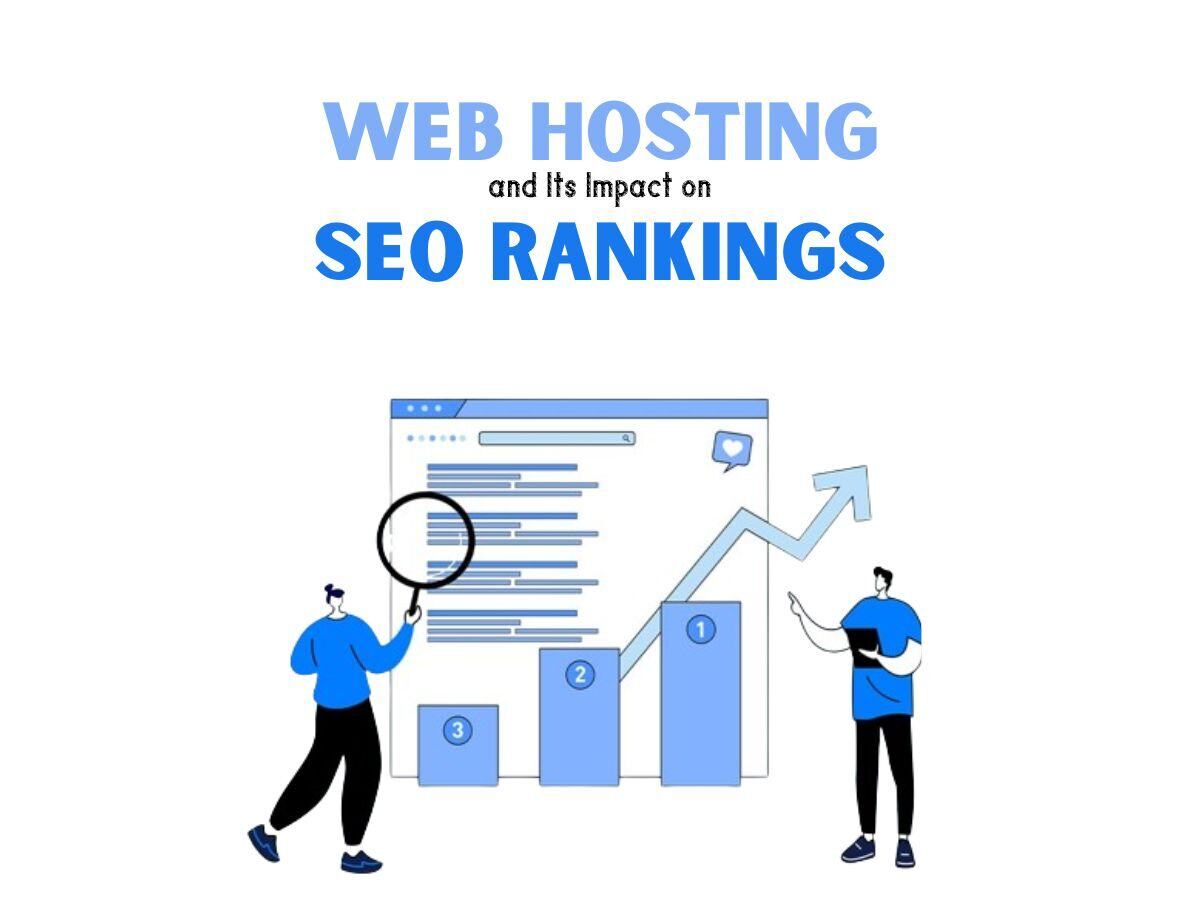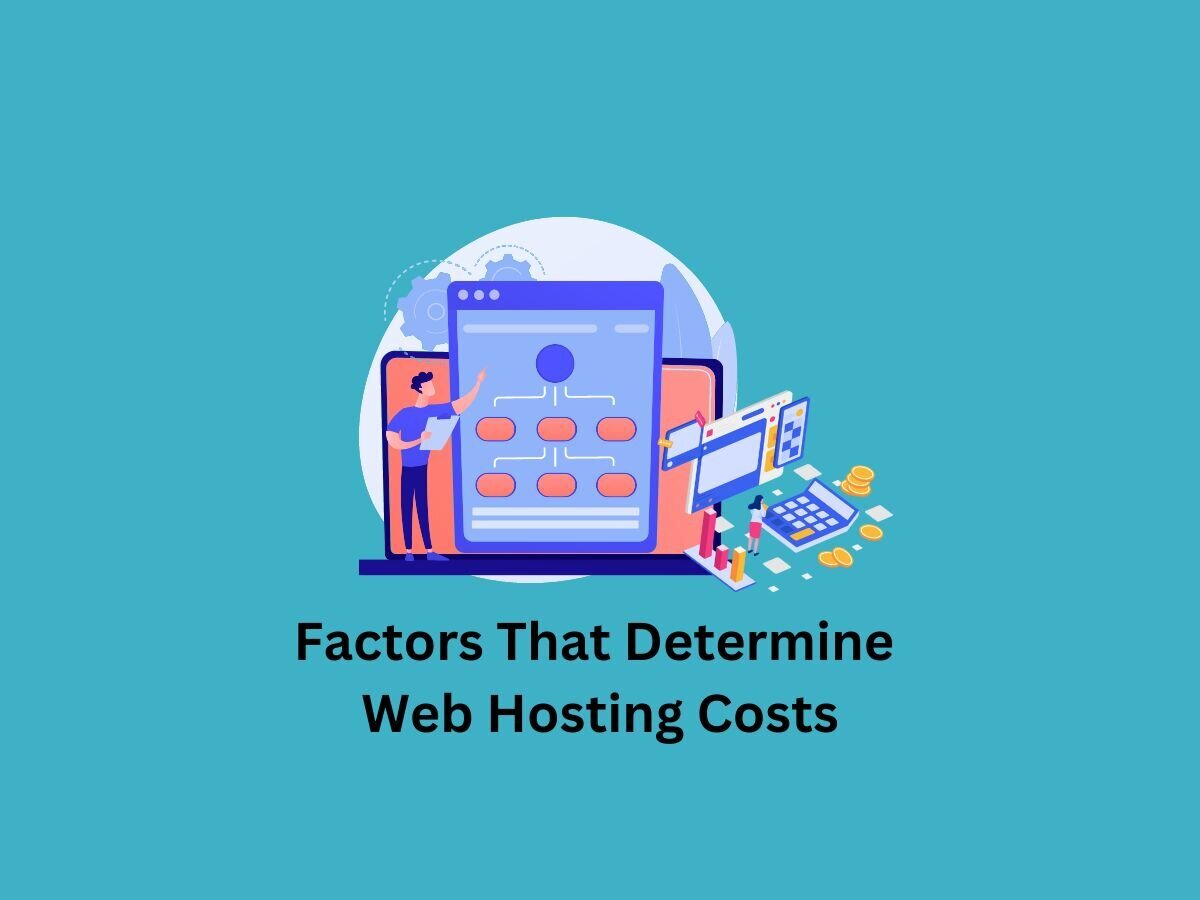
Web Hosting and Its Impact on SEO Rankings
The success of any website is not only determined by its user interface and design but also by factors that are less visible to site users, such as web hosting. One under-appreciated aspect of web hosting’s impact on SEO it can have on your Search Engine Optimization rankings.
While many website owners and developers are aware that factors like keyword usage, site architecture, and backlinks play crucial roles in SEO, web hosting’s role is often overlooked. This article will explore how your choice of web hosting’s can directly influence your website‘s search engine rankings.
Web Hosting and Website Speed
One of the most significant ways in which web hostings SEO impacts is website speed. Google has confirmed that site speed (page speed) is one of the signals used by its algorithm to rank pages. Websites that load faster provide a better user experience and, therefore, are likely to rank higher in search engine results.
Your web hosting provider and the quality of your hosting package can significantly impact your site’s speed. Faster servers and higher bandwidth can lead to shorter loading times. In contrast, overcrowded shared hosting servers can slow down your site significantly.
Up-time/Downtime
Most hosting providers claim to offer 99.9% uptime, but this isn’t always the case in practice. If your website experiences frequent downtimes, it negatively impacts the user experience and can harm your SEO rankings.
When your site is down, and Google bots try to access it, they register the downtime. If your website consistently fails to load when crawled, search engines will interpret your website as unreliable, influencing your site’s ranking negatively.
Server Location
Search engines consider the location of your server when determining your site’s rankings for different queries and in different regions. Sites that are hosted on local servers are often faster and provide a better user experience for people close to the server’s location. This localization effect can boost the rankings of your website for users in the same country as your server.
SSL and Website Security
An SSL certificate, indicated by ‘HTTPS’ in your site’s URL, is essential for any website collecting personal data from its users. Google has confirmed HTTPS as a ranking signal. Your hosting provider plays a part in this by providing SSL certificates as part of their hosting packages.
Furthermore, if your web host doesn’t prioritize security and your website gets compromised (e.g., hacked), this can have severe implications on your SEO rankings. Search engines penalize compromised websites to protect users from potential harm.
Conclusion of hosting’s impact on SEO
While web hosting is often overlooked in SEO discussions, it plays a vital role in your website’s search engine ranking and overall performance. Factors like loading speed, uptime, server location, and security should all be taken into consideration when choosing a hosting provider.
Crucially, hosting’s impact on SEO serve to highlight the core principle of search engine rankings: providing a fast, reliable, safe, and useful service to users. If you keep your user’s experience at the heart of every decision, you’re sure to climb the SEO ranks.







